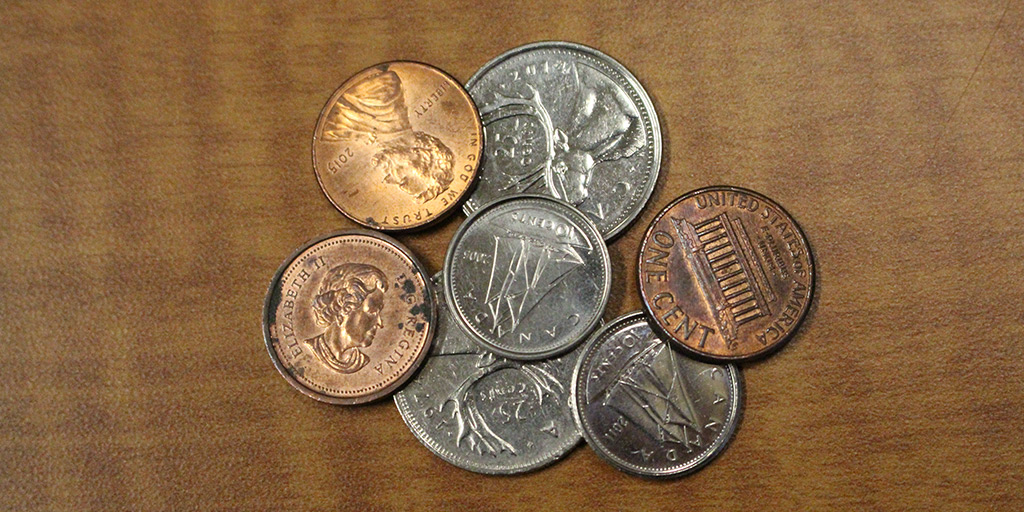If you want to help the homeless stop giving them spare change
 CREDIT: MELISSA NOVACASKA
CREDIT: MELISSA NOVACASKAPeople may feel a self of gratitude when they directly give some spare change to a homeless person, but this might not be the best way to help them get back on their feet.
Amble along Richmond Row any day of the week and one comes across a similar sight at almost every street corner, homeless panhandlers, holding doleful signs petitioning for pocket change.
Seeing the impoverished on the cold concrete stirs many people to surrender any loose coins otherwise reserved for an afternoon caffeine fix.
Undoubtedly, dropping two dollars in an overturned hat makes one feel good. Though, does it actually make a difference? By and large, homelessness is not a standalone issue, it is a symptom.
Most people sleeping on the streets of London are not simply “down on their luck”. The majority have troubles that run far deeper than financial need.
Although it may pacify the twinge at the pit of one's stomach, giving money directly to a homeless person only perpetuates an unhealthy cycle.
Poor mental health and substance abuse are the two largest contributors to vagrancy. The generosity of an anonymous donor most certainly helps a panhandler procure food and bus tickets. Though, much of the time it also helps them attain drugs and alcohol.
Studies vary depending on area, but conservative estimates suggest that at least twothirds of rough sleepers struggle with some form of substance abuse. Giving spare change with no-strings-attached can simultaneously feed an individual and their addiction.
Even if a person were to be completely clean and sober, providing them financial handouts alone does more long-term harm than good.
Why do a number of governments, including our own, refuse to pay ransom to terrorist kidnappers? It incentivises abduction and obliquely rewards abhorrent behaviour.
Analogously, if begging proves easily and consistently profitable, people will exploit the kindness (and guilt) of others in order to survive in the short-term. In fact, studies have shown that some beggars will even exaggerate the appearance of their despair to garner more donations.
Most money collected by panhandlers, according to the Atlantic, is swiftly spent and seldom ever saved. People who are dependent on drugs and alcohol or suffer from major mental health issues (or both) are very unlikely to stockpile several weeks “earnings” and invest in the future.
Giving money to an organization with the resources to create real change in someone's life is more fruitful than providing momentary relief.
Churches, charities and healthcare institutions, despite the pitfalls of bureaucracy, are far better equipped to help the homeless than the homeless are to help themselves.
Effectively elevating people out of abject poverty requires adherence to a sequential process that does not begin, but instead concludes with some form of direct charitable kick-start.
The majority of people sleeping in the nooks and crannies of storefronts need personal support and guidance, more than they need money. Supplying capital to a panhandler puts the cart before the horse. Many need to be professionally treated for various afflictions before they can even consider creating a budget.
Thus, the next time a homeless person meekly implores that “anything will help”, in place of spare change, provide them with directions to a nearby shelter.�
Editorial opinions or comments expressed in this online edition of Interrobang newspaper reflect the views of the writer and are not those of the Interrobang or the Fanshawe Student Union. The Interrobang is published weekly by the Fanshawe Student Union at 1001 Fanshawe College Blvd., P.O. Box 7005, London, Ontario, N5Y 5R6 and distributed through the Fanshawe College community. Letters to the editor are welcome. All letters are subject to editing and should be emailed. All letters must be accompanied by contact information. Letters can also be submitted online by clicking here.














